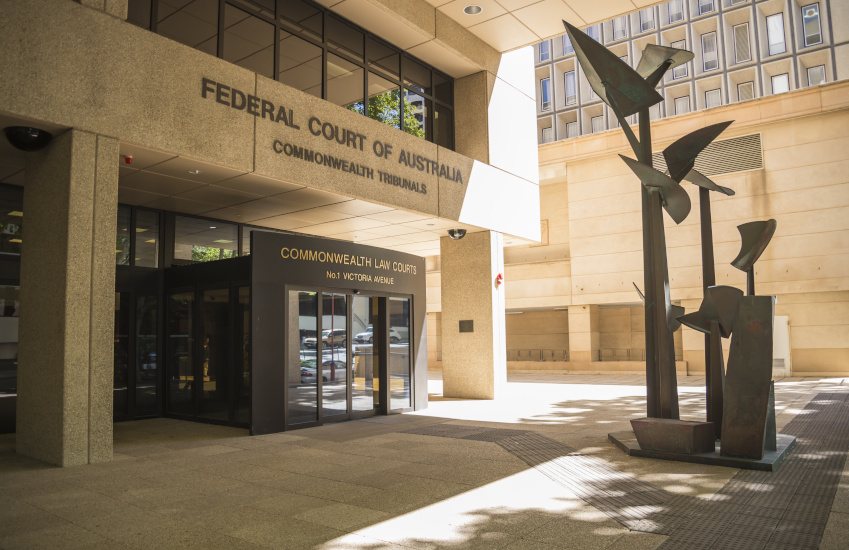ASIC said in a public statement that it intervened “in 2015 following concerns about the level of remuneration sought and the volume of work undertaken”.
“ASIC was also concerned about the hourly rates charged,” it said.
You’re out of free articles for this month
The case involved the liquidation of three Adelaide companies: SK Foods Australia Pty Ltd, Cedenco JV Australia Pty Ltd and SS Farms Australia Pty Ltd. John Sheahan and Ian Lock of insolvency firm Sheahan & Lock were appointed voluntary administrators of the companies in 2010, and were subsequently appointed liquidators.
According to the companies regulator, Sheahan & Lock had sought $5.8 million in total remuneration for their role.
But the Federal Court ruled in February this year that this amount should be reduced. In its subsequent judgment, on 12 June 2019, the court slashed the remuneration by a third, and ordered that interest and costs be added to the reimbursement to the liquidated companies.
“Remuneration was fixed at $3.9 million compared to the $5.8 million sought by the liquidators, a reduction of $1.9 million (33 per cent),” ASIC said.
“In addition, his Honour also ordered the liquidators to repay this difference to the companies. His Honour also ordered that the liquidators must pay interest on the monies repaid from the date the fees were originally drawn to the date of repayment.”
ASIC quoted the judge in the South Australian Division of the Federal Court of Australia as stating: “It is difficult for me to see how there could have been a proper review of the plaintiffs’ remuneration without the substantial role played by ASIC.”
Justice Besanko ruled in February that the remuneration of Sheahan & Lock “must be reduced to reflect my conclusions with respect to hourly rates” and that “remuneration for minutes of meetings, remuneration reports, write-up of Mr Oliver Sheahan’s time and write-up of Mr Samuel Rees’ time and reports to creditors, 22 December 2011 creditors’ meeting and the ASIC Form 524s are disallowed or reduced in accordance with these reasons”.
Justice Besanko has called for registered liquidators to consider work in progress/time sheet entries to be reviewed, preferably by the appointee, prior to seeking approval from creditors.
Registered liquidators also need to consider what the benefit to stakeholders will be prior to undertaking the work, and where stakeholders express a view to not pursue a particular line of enquiry or work stream, the registered liquidator needs to justify why they would continue that work stream.
Approached for comment on the verdict and ASIC’s subsequent statement, Mr Sheahan issued a brief statement which said: “We will discuss this judgment with our lawyers in due course and decide whether to file an appeal.”
This email address is being protected from spambots. You need JavaScript enabled to view it.

 Login
Login






